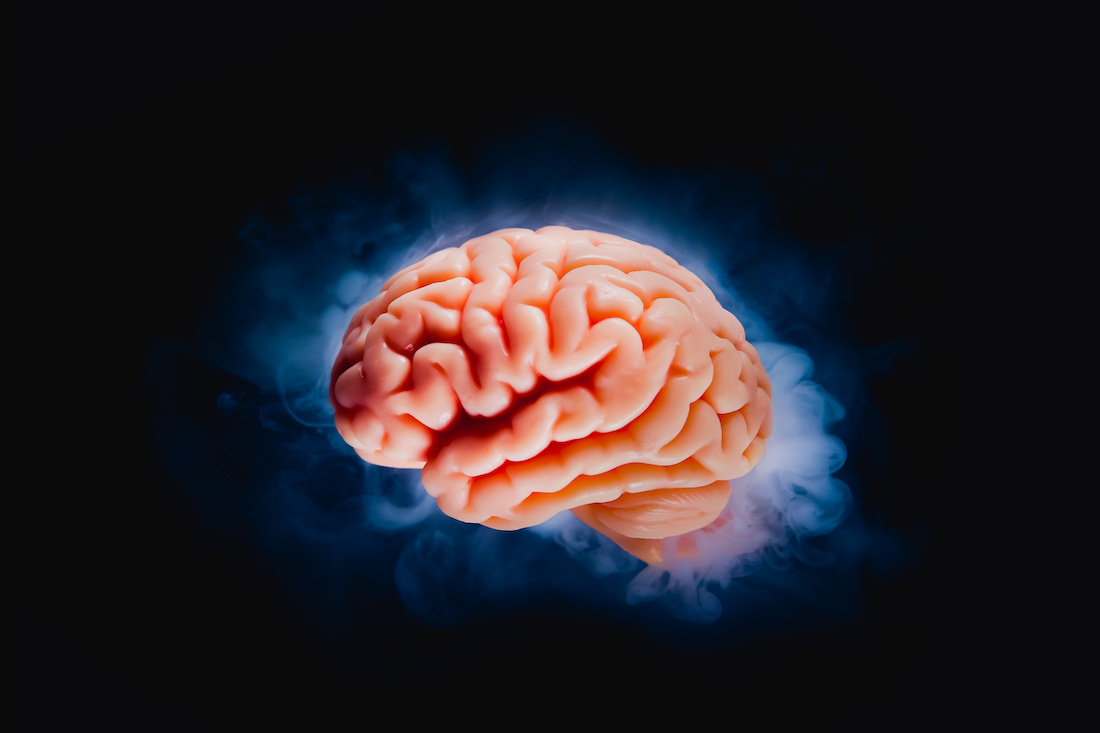Why is 18 the age of adulthood if the brain can take 30 years to mature?

- Research suggests that most human brains take about 25 years to develop, though these rates can vary between men and women, and among individuals.
- Although the human brain matures in size during adolescence, important developments within the prefrontal cortex and other regions still take place well into one’s 20s.
- The findings raise complex ethical questions about the way our criminal justice systems punishes criminals in their late teens and early 20s.
At what age does someone become an adult? You might say that the 18th birthday marks the transition from childhood to adulthood. After all, that’s the age at which people can typically join the military and become fully independent in the eyes of the law.
But in light of research showing that our brains develop gradually over the course of several decades, and at different paces among individuals, should we start rethinking how we categorize children and adults?
“There isn’t a childhood and then an adulthood,” Peter Jones, who works as part of the epiCentre group at Cambridge University, told the BBC. “People are on a pathway, they’re on a trajectory.”
Brain development and age
One key part of that trajectory is the development of the prefrontal cortex, a significant part of the brain, in terms of social interactions, that affects how we regulate emotions, control impulsive behavior, assess risk and make long-term plans. Also important are the brain’s reward systems, which are especially excitable during adolescence. But these parts of the brain don’t stop growing at age 18. In fact, research shows that it can take more than 25 years for them to reach maturity.
The cerebellum also affects our cognitive maturity. But unlike the prefrontal cortex, the development of the cerebellum appears to depend largely on environment, as Dr. Jay Giedd, chair of child psychiatry at Rady Children’s Hospital-San Diego, told PBS:
“Identical twins’ cerebellum are no more alike than non-identical twins. So we think this part of the brain is very susceptible to the environment. And interestingly, it’s a part of the brain that changes most during the teen years. This part of the brain has not finished growing well into the early 20s, even. The cerebellum used to be thought to be involved in the coordination of our muscles. So if your cerebellum is working well, you were graceful, a good dancer, a good athlete.
But we now know it’s also involved in coordination of our cognitive processes, our thinking processes. Just like one can be physically clumsy, one can be kind of mentally clumsy. And this ability to smooth out all the different intellectual processes to navigate the complicated social life of the teen and to get through these things smoothly and gracefully instead of lurching. . . seems to be a function of the cerebellum.”
The effects that our environment can bring upon the cerebellum even further complicate the question of when a child become an adult, considering the answer might depend on the kind of childhood an individual experienced.
Adulthood and the criminal justice system
The factors behind cognitive development raise many philosophical questions. But the most important are arguably those related to how we punish criminals, especially young men, whose brains develop an average of two years later than women.
“The preponderance of young men engaging in these deadly, evil, and stupid acts of violence may be a result of brains that have yet to fully developed,” Howard Forman, an assistant professor of psychiatry at Albert Einstein College of Medicine, told Business Insider.
So, does that mean young criminals — say, 19- to 25-year-olds — should be receive the same punishment as a 35-year-old who commits the same crime? Both criminals would still be guilty, but each might not necessarily deserve the same punishment, as Laurence Steinberg, a professor of psychology at Temple University, told Newsweek.
“It’s not about guilt or innocence… The question is, ‘How culpable are they, and how do we punish them?'”
After all, most countries have separate juvenile justice systems to deal with children who commit crimes. These separate systems are predicated on the idea that there ought to be a spectrum of culpability that accounts for a criminal’s age. So, if we assume that the importance of age in the eyes of the justice system is based largely on cognitive differences between children and adults, then why shouldn’t that culpability spectrum be modified to better match the science, which clearly shows that 18 is not the age at which the brain is fully matured?
Whatever the answer, society clearly needs some definition of adulthood in order to be able to differentiate between children and adults in order to function smoothly, as Jones suggested to the BBC.
“I guess systems like the education system, the health system and the legal system make it convenient for themselves by having definitions.”
But that doesn’t mean these definitions make sense outside of a legal context.
“What we’re really saying is that to have a definition of when you move from childhood to adulthood looks increasingly absurd,” he said. “It’s a much more nuanced transition that takes place over three decades.”
This article was originally published March 20, 2019. It was updated in January 2022.





